- 4112
- 0
Sharing Ideas and Updates on LPG in Nigeria and related information to enable effective collaboration within the LPG Value Chain
NEWS ON LPG PRICE DROP STIRS REACTION
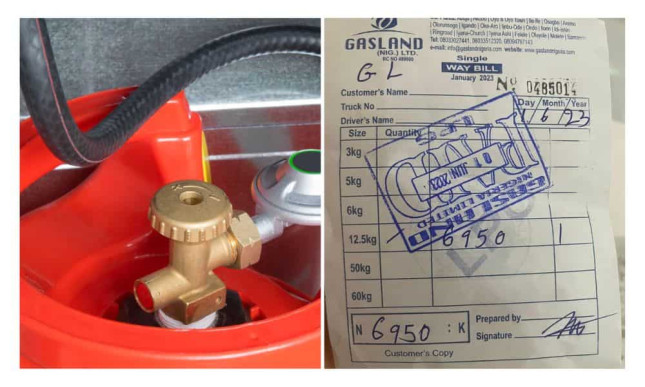
There has been a significant reaction on Twitter among Nigerians regarding the reported decrease in the price of cooking gas in the country. A freelance writer named Wale Adedayo shared a receipt on the microblogging platform showing that the price of a 12.5 kg cooking gas cylinder, which was previously between N9,375 and N13,000 in May, has now dropped to N6,950 in June. Adedayo's tweet gained attention and was shared by many others on Twitter.
This development has sparked discussions, especially in light of President Bola Tinubu's statement about the removal of fuel subsidies. Some Twitter users believe that the drop in cooking gas prices suggests that petrol prices will also decrease when the subsidy is finally removed. Others have expressed appreciation for the government's efforts in achieving the current lower gas prices.
Unlike petrol, cooking gas is not subsidized by the government. Therefore, its price is primarily influenced by market forces. Leo Ukpong, a professor of Financial Economics at the American University School of Business, explained that the drop in the price of gas is a result of increased supply. Gas production differs from the refinery process of petrol, and cooking gas has always been determined by market forces rather than subsidies. Ukpong suggests that the more efficient operation of gas plants in the country has led to an increase in supply, which subsequently led to a drop in price. He characterizes this phenomenon as a supply-driven occurrence.
In summary, the decrease in the price of cooking gas in Nigeria has caused a stir on Twitter. While some speculate that it may indicate future reductions in petrol prices, others commend the government for the current affordable gas prices. The price of cooking gas is determined by market forces and is not subject to government subsidies. The drop in gas prices is attributed to increased supply, potentially resulting from improved efficiency in gas plant operations.
Going further, the case of the drop in cooking gas prices in Nigeria may have implications for the prices of other petroleum products in the future, particularly for products like petrol. However, it is important to note that the relationship between cooking gas prices and other petroleum product prices is complex, and multiple factors come into play. Some potential effects to consider include:
Government Subsidies: While cooking gas is not subsidized by the government, petrol prices have traditionally been influenced by subsidies. If the drop in cooking gas prices indicates improved efficiency and supply in the gas sector, it could potentially lead the government to consider similar reforms in the petrol sector. This could involve the total removal of petrol subsidies, which might result in changes in petrol prices in the year by the government.
Market Dynamics: The drop in cooking gas prices could reflect market-driven factors such as increased supply, improved infrastructure, or competition among suppliers. If these factors continue to positively influence the cooking gas market, it might encourage similar developments in the petrol market. For example, improved efficiency in refining processes, increased domestic production, or the introduction of alternative fuels could potentially contribute to changes in petrol prices.
International Oil Prices: The prices of petroleum products in Nigeria are also influenced by global oil prices. While cooking gas prices are primarily determined by domestic market forces, petrol prices are directly linked to international oil prices due to Nigeria's reliance on oil imports for petrol consumption. Therefore, fluctuations in global oil prices can have a significant impact on petrol prices in Nigeria, independent of the cooking gas market.
Government Policies and Taxes: Government policies and taxation can directly impact the prices of petroleum products. If the drop in cooking gas prices leads to positive outcomes such as increased usage, reduced environmental impact, and enhanced energy security, the government might be motivated to introduce favorable policies or tax structures that encourage similar outcomes in the petrol sector. This could potentially affect future petrol prices.
On this note, it is imperative to emphasize that predicting the exact impact of cooking gas price changes on other petroleum product prices is challenging due to the various factors involved. Additionally, the volatility of global oil markets, geopolitical factors, and government interventions further complicate the pricing dynamics. Monitoring market trends, government policies, and international oil prices will provide valuable insights into how the prices of other petroleum products might be influenced in the future.
Now, the drop in gas prices in Nigeria can have both positive and negative effects on LPG (liquefied petroleum gas) companies operating in the country.
Positive Effects
Increased Demand: Lower gas prices can stimulate increased demand for LPG among consumers. As cooking gas becomes more affordable, more households and businesses may choose to switch to LPG, leading to higher sales volumes for LPG companies.
Market Expansion: The drop in gas prices may attract new consumers who were previously deterred by higher costs. LPG companies can seize this opportunity to expand their market share and reach a wider customer base.
Competitive Advantage: LPG companies that can offer competitive prices due to efficient operations or economies of scale may gain a competitive edge in the market. They may attract customers away from competitors who are unable to match the lower prices.
Government Support: The Nigerian government has been promoting LPG usage as a cleaner cooking fuel. The drop in gas prices may further encourage government support and policies favoring LPG companies. This support can include initiatives like subsidies, tax incentives, and infrastructure development.
Negative Effects
Profit Margins: Lower gas prices can potentially impact the profit margins of LPG companies, especially if their operating costs remain high. Companies may need to carefully manage their cost structures to maintain profitability despite the reduced prices.
Price Volatility: The LPG market is subject to price volatility due to factors such as global oil prices and supply fluctuations. While a drop in gas prices is favorable in the short term, sudden price increases in the future could pose challenges for LPG companies.
Competitor Response: Competitors in the LPG market may react to the drop in prices by adjusting their strategies. They might lower their prices as well, intensifying competition and potentially squeezing profit margins for all companies in the industry.
Investment Decisions: Lower gas prices may influence investment decisions in the LPG sector. Companies considering expansion plans, infrastructure development, or new market entry might reassess their strategies based on the changing market dynamics.
Altogether, the effect of the decline in gas prices on LPG companies in Nigeria depends on different factors, including their operational efficiency, competitive positioning, adaptability to market changes, and ability to manage costs. Companies that can effectively navigate these dynamics may find opportunities for growth and market expansion, while others may face challenges in maintaining profitability.
- Liquefied petroleum gas in nigeria
- Nigerian lpg market
- Government subsidies on petrol
- Cooking gas affordability
- Government policies on lpg
- Impact of cooking gas prices on petroleum products





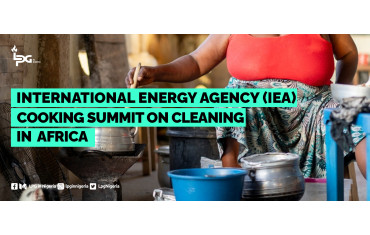
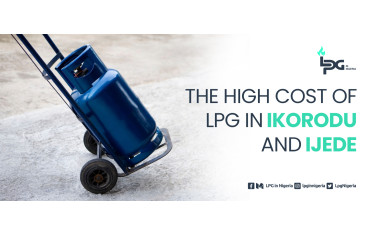
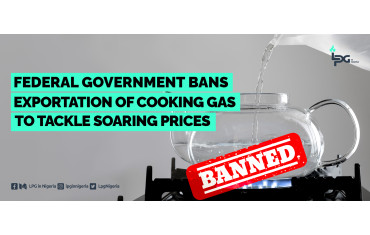

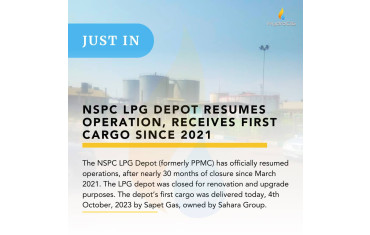
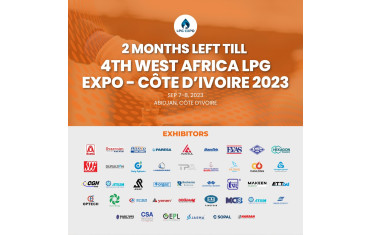
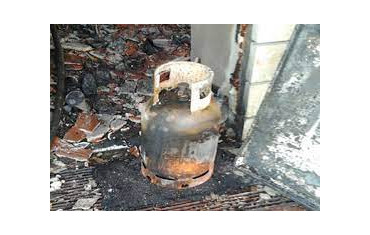

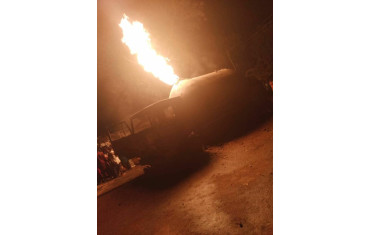


0 Comment.